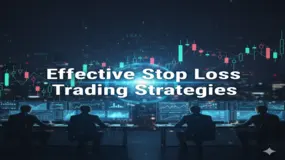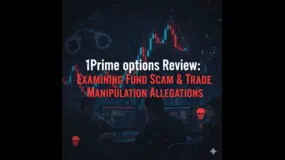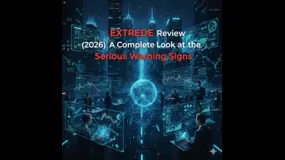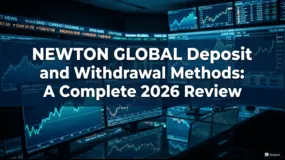Abstract:North American fund managers extend hedge tenors amid rising FX volatility, which is driven by market conditions and upcoming US elections.
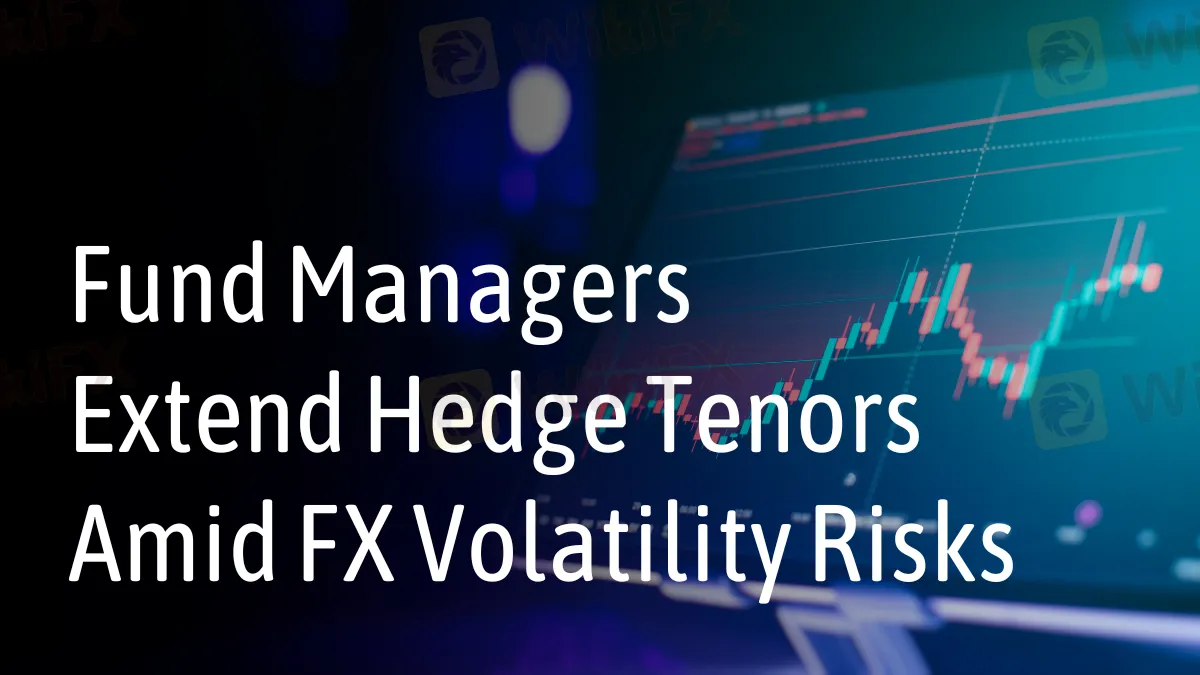
A recent study highlights rising worries among North American fund managers about foreign currency (FX) volatility. As fund managers negotiate the erratic character of currency markets, driven by current market circumstances and the impending US elections, the MillTechFX North American Fund Manager CFO FX Report 2024 results highlight notable changes in hedging methods.
According to the study, which included 250 top financial decision-makers, 65% of fund managers want to prolong their hedge tenors. This approach seeks to provide better long-term protection against FX volatility's erratic nature, guaranteeing a more solid financial basis throughout these stormy years. Moreover, 34% of respondents said they wanted to raise their hedge ratios, an action meant to protect a more large amount of their assets from changes in the market.

For these fund managers, one of the most urgent problems is the effect of a rising US currency. The survey claims that the value of the dollar has caused 83% of respondents to say their returns have worsened. With 81% of fund managers stating their expenditures have risen, this higher currency has impacted returns and raised running costs. Of them, 34% have seen significant expense rises. Nearly all participants (93%) worry about how the strong dollar affects their exposure to overseas markets. Hence, there is general concern about these growing expenses. Of these, 46% are cautious, meaning they are somewhat worried about these changes.


North American investment managers first worry primarily about how events linked to elections affect the US currency. Forty percent of respondents are preparing for more volatility with the elections approaching, thirty-seven percent fear policy changes that may affect currency values, and another thirty-seven percent are nervous about erratic market movement. These ambiguities have pushed fund managers to use more aggressive hedging techniques to protect their returns.

The CEOs of major financial companies concentrate mostly on policy adjustments and the hazards connected with counterparties in hedging activities. As a result, many fund managers are changing their approach to stretch hedge tenors; 65% intend to do so to improve their resistance against FX volatility. This change highlights a general tendency of fund managers to look for assurance in a growing financial climate of uncertainty.
“It's a fascinating period in the FX market in North America,” MillTechFX CEO Eric Huttman said on the present scene. The greenback is becoming stronger even though experts project its value will decline in 2024. This will probably cause major market movement along with a highly agitated US presidential election campaign. The possible FX consequences naturally worry fund managers, which drives many of them to take a more proactive stance and prolong the length of their currency hedges to provide stability in this unpredictable environment.
These difficulties led the study to see a notable rise in hedging activities. Up from 72% in 2023, 79% of fund managers now hedge their forecastable currency risk. Comparatively, to 50% last year, the average hedge ratio has increased to 55%; the average hedge tenor now spans 5.41 months from 4.96 months. Notwithstanding these steps, 80% of fund managers have stated higher hedging-related expenses over the previous year.

The study also emphasizes developing patterns in fund managers' operational adjustments and technology use. Almost all of the respondents (99%) are investigating new technologies; of these, 41% are especially interested in process automation. Thirty-one percent of them are also contemplating complete automation of their FX processes. Notwithstanding these developments, many fund managers still depend on manual techniques for FX operations; 26% of them handle transactions via email, and 24% use phone calls.
To be ready for the change to T+1 settlement, fund managers have implemented a number of operational tweaks. Among them are 45% more personnel, 43% better communication with counterparties, and 42% better IT system upgrades. Despite these preparations, 78% of fund managers said changing to T+1 has increased running expenses.

Eric Huttman added further on the operational changes, saying, The transition to T+1 was another notable development in the market. Higher expenses resulted from players in the market changing their IT systems and staffing levels. This expenditure, however, guaranteed a seamless transition as CLS recorded no declining processed volumes.
At last, the paper notes the main FX issues and concerns for fund managers. With thirty percent of all operational issues related to cost calculation, this is the most major obstacle. Next in line are securing credit lines (26%) and onboarding liquidity providers (28%). FX counterparty credit remains fund managers' first worry; 36% of respondents find this to be true; uncollateralized hedging comes second at 29%.
This paper highlights the present volatility in FX markets and the strategic reactions of North American fund managers as they negotiate these obstacles to minimize risks and properly control expenses.
FAQs:
1. Why are North American fund managers extending their hedge tenors?
North American fund managers are extending their hedge tenors to protect against the increasing volatility in foreign exchange (FX) markets. With the US dollar strengthening and upcoming US elections adding to market uncertainty, 65% of fund managers plan to prolong their hedge tenors to secure more stable financial outcomes over a longer period.
2. How has the strengthening US dollar impacted fund managers?
The stronger US dollar has negatively impacted fund managers by reducing their returns and increasing operational costs. According to the report, 83% of fund managers have seen a decline in returns due to the stronger dollar, and 81% have experienced higher operational costs, with 34% reporting significant increases.
3. What technological trends are fund managers exploring to cope with FX volatility?
To cope with FX volatility, nearly all (99%) fund managers are exploring new technologies, particularly focusing on process automation, with 41% showing interest in this area. Additionally, 31% are considering fully automating their FX workflows to enhance efficiency and reduce reliance on manual methods like email and phone calls for FX operations.
Stay ahead of FX volatility. Discover how fund managers are adapting their strategies. Visit WikiFX news page for the latest insights and analysis on currency markets!











